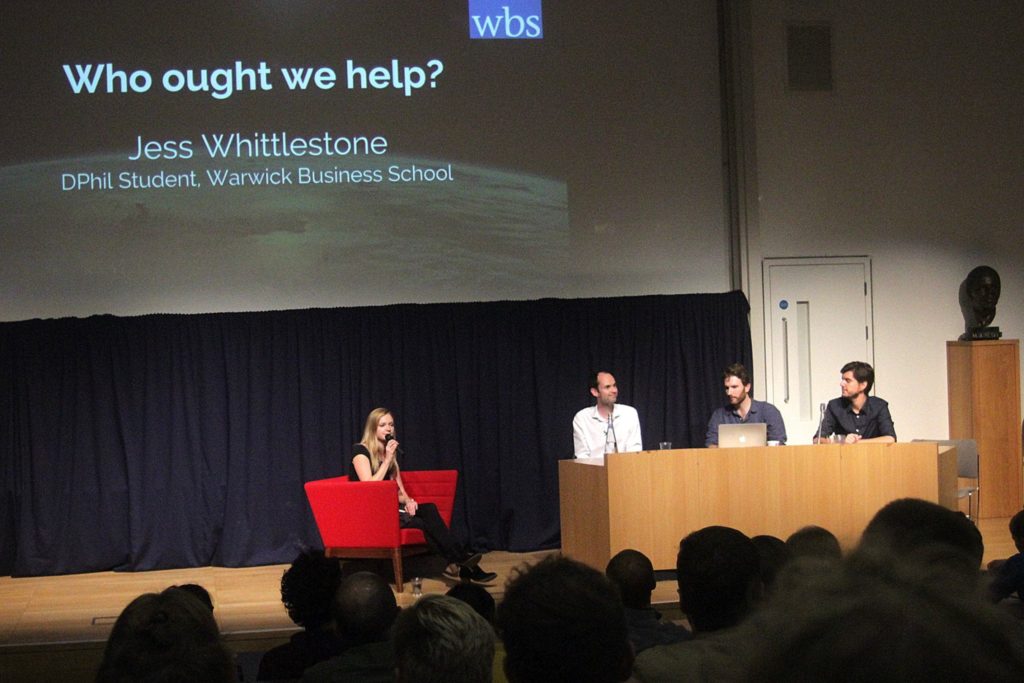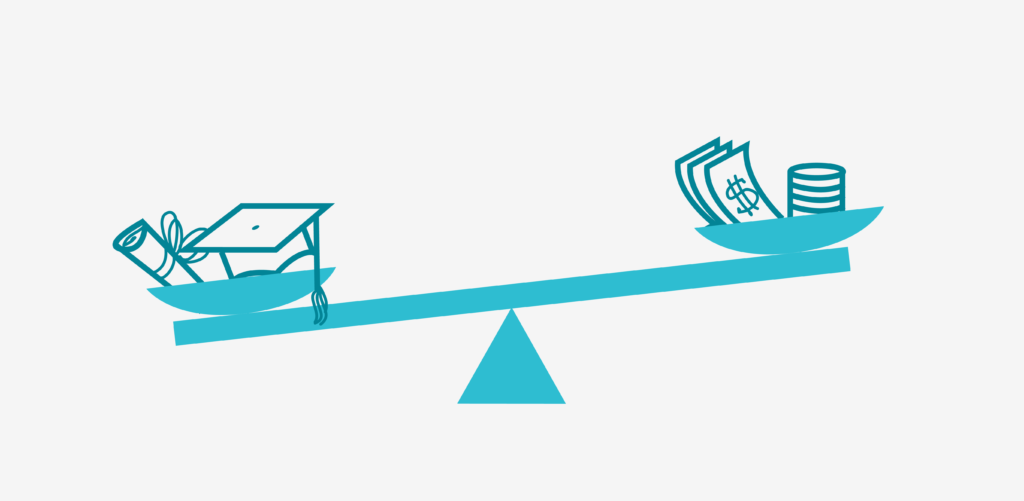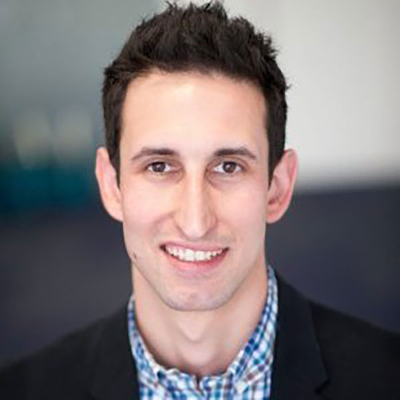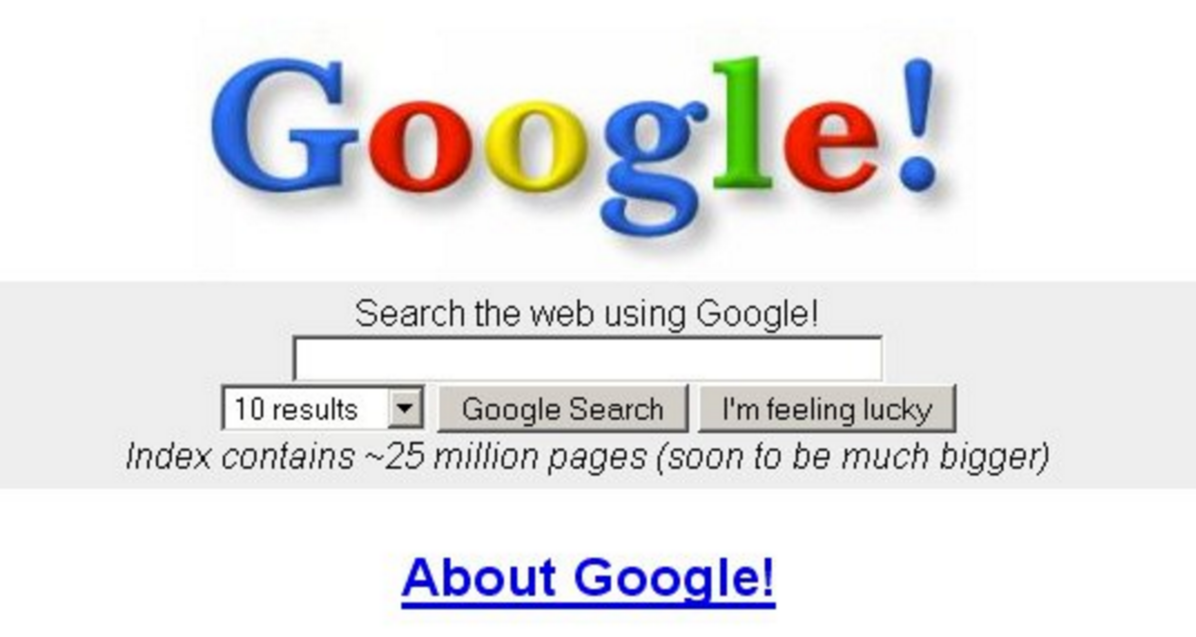Doing good through for-profits: Wave and financial tech

Get the rest of our series on doing good through start-ups by signing up to our newsletter.
Wave is one of the most high potential social impact for-profit startups we’re aware of, and it was co-founded by someone in our effective altruism community – Lincoln Quirk. Wave allows immigrants to send money from North America to relatives in Kenya, Uganda, Tanzania and Ethiopia with much lower fees than if they used Western Union or MoneyGram. (Though Wave existing is nothing to do with 80,000 Hours, someone we recently coached chose to work for Wave and help them expand into the UK.)
Why is Wave such an important company? Previously, if immigrants wanted to send remittances, they had to use Western Union or MoneyGram. Both the sender and receiver would have to go to a physical outlet to make the transfer, and worst of all, the sender would have to pay 10% in transfer costs! Lincoln Quirk and his cofounder Drew Durbin have built software that allows instant transfers from a mobile phone in the US or Canada to a mobile phone in Eastern Africa or Ethiopia – and they only charge 3%, a saving of 7%.
For each dollar of revenue that they make, they are saving $2.33 for someone in the world’s poorest countries. Assuming a 20% profit margin, the figure is $12 in savings for each $1 of profit.
The potential positive impact of this idea is huge.

















